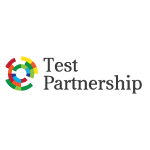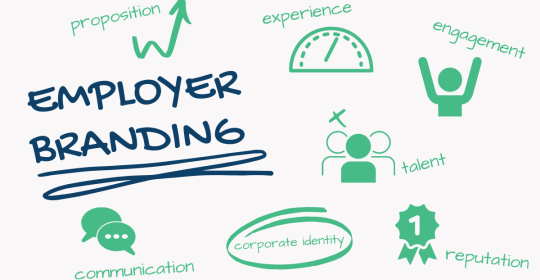The Evolution of Hiring Norms
Traditionally, resumes laden with academic qualifications and work histories reigned supreme, acting as the gatekeepers to coveted positions. However, this conventional approach often inadvertently overlooked individuals possessing exceptional abilities but lacking formal credentials. Enter the era of skills-based hiring, where the emphasis is on what a candidate can do rather than where they studied or worked.
Skills: The New Currency
The future of hiring pivots on the recognition that skills are the true currency in today’s dynamic workforce. Rather than fixating on degrees or pedigrees, companies are increasingly valuing specific proficiencies, technical prowess, adaptability, and a candidate's capacity to learn and grow. This paradigm shift allows organisations to tap into a diverse pool of talent that may have previously been sidelined due to conventional screening methods.
Redefining Talent Acquisition
This shift in focus signifies a fundamental change in talent acquisition strategies. Companies are reshaping their recruitment processes, integrating skill assessments, practical demonstrations, and scenario-based evaluations to gauge a candidate's aptitude accurately. This not only ensures a more comprehensive evaluation but also offers candidates the opportunity to showcase their skills irrespective of their educational background.
Challenges and Opportunities
While prioritising skills over credentials is a leap toward inclusivity and meritocracy, it's not without its challenges. Assessing skills effectively, especially in roles that demand nuanced capabilities, can be a hurdle. Companies are navigating this by utilising innovative assessment tools and redefining benchmarks for success in various roles.
The Impact on Diversity and Innovation
One of the most profound impacts of this shift is its potential to foster diversity and spur innovation within organisations. By removing traditional barriers, such as stringent educational requirements, companies are welcoming a more diverse workforce. This diversity in skills and perspectives becomes a catalyst for creativity and problem-solving, driving innovation and growth.
The Road Ahead
As industries continue to evolve and technology plays an increasingly pivotal role, the future of hiring unequivocally leans toward prioritising skills. Leveraging AI-driven tools for skill assessments and embracing continuous learning and upskilling programs will be the norm. This evolution not only benefits employers in finding the right talent but also empowers individuals to focus on developing and showcasing their unique skill sets.
In conclusion, the future of hiring is a landscape that champions skills over traditional credentials. It's a shift that resonates with the dynamism of the modern workforce, allowing talent to shine regardless of educational pedigrees. By embracing this change, organisations can build diverse, resilient teams that are primed to thrive in an ever-evolving professional landscape.








